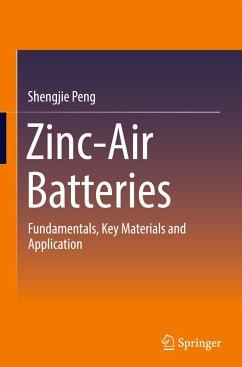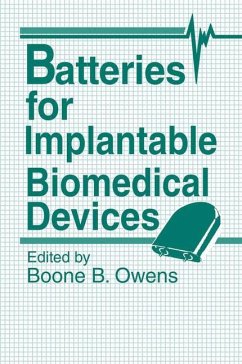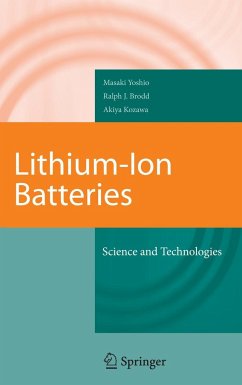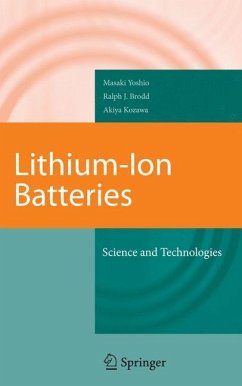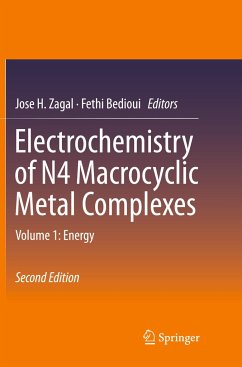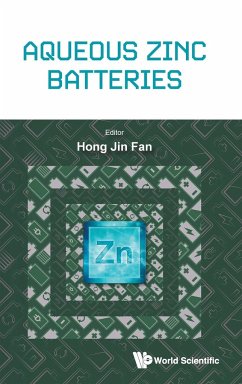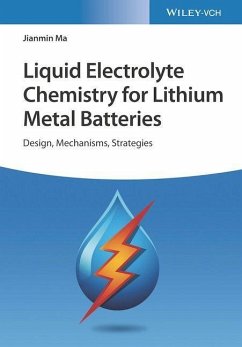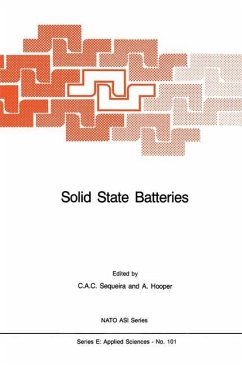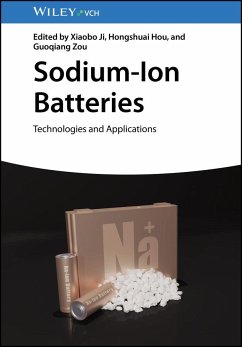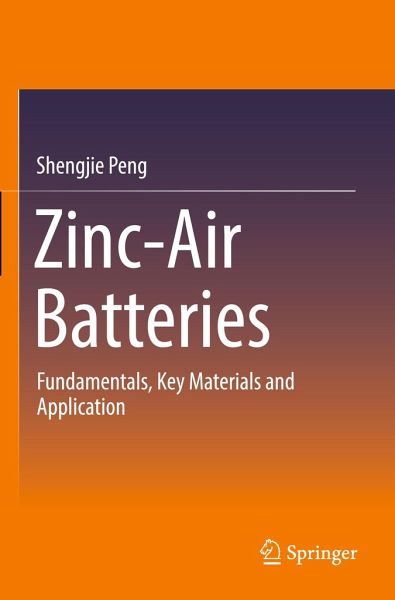
Zinc-Air Batteries
Fundamentals, Key Materials and Application
Versandkostenfrei!
Versandfertig in 6-10 Tagen
65,99 €
inkl. MwSt.
Weitere Ausgaben:

PAYBACK Punkte
33 °P sammeln!
This book aims to discuss the cutting-edge materials and technologies for zinc-air batteries. From the perspective of basic research and engineering application, the principle innovation, research progress, and technical breakthrough of key materials such as positive and negative electrodes, electrolytes, and separators of zinc-air batteries are discussed systematically, which can be used to guide and promote the development of zinc-air battery technology. We do believe that our experiences and in-depth discussions would make this book useful for researchers at all levels in the energy area an...
This book aims to discuss the cutting-edge materials and technologies for zinc-air batteries. From the perspective of basic research and engineering application, the principle innovation, research progress, and technical breakthrough of key materials such as positive and negative electrodes, electrolytes, and separators of zinc-air batteries are discussed systematically, which can be used to guide and promote the development of zinc-air battery technology. We do believe that our experiences and in-depth discussions would make this book useful for researchers at all levels in the energy area and provide them with a quick way of understanding the development of zinc-air batteries.





